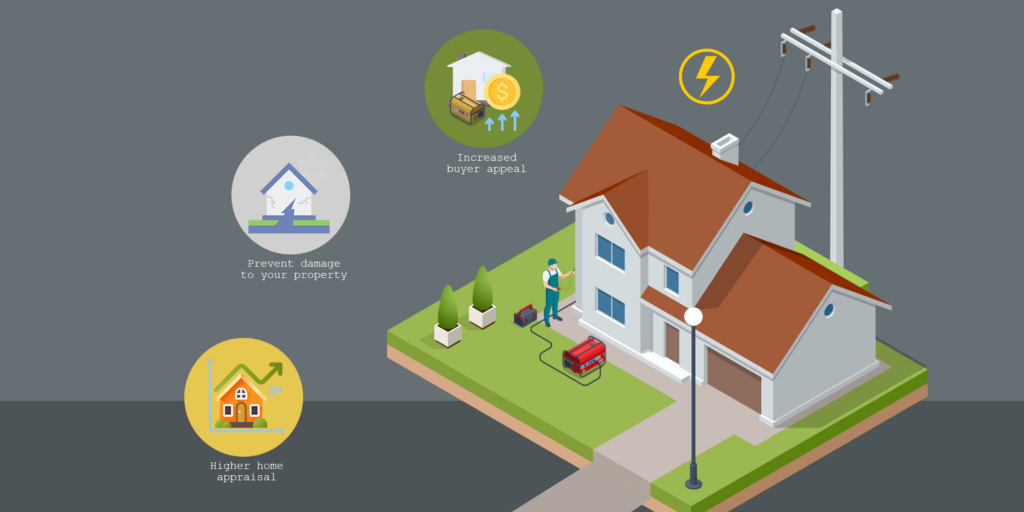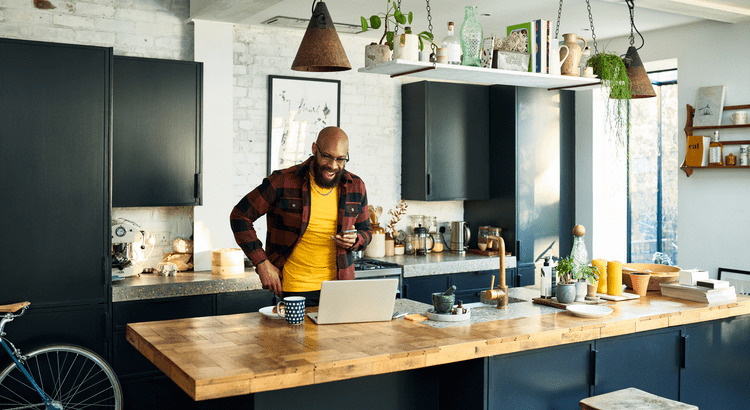Could a 55+ Community Be Right for You?
If you’re thinking about downsizing, you may be hearing about 55+
communities and wondering if they’d be a good fit for you. Here’s some
information that could help you make your decision.
Could a 55+ Community Be Right for You? Read More »










